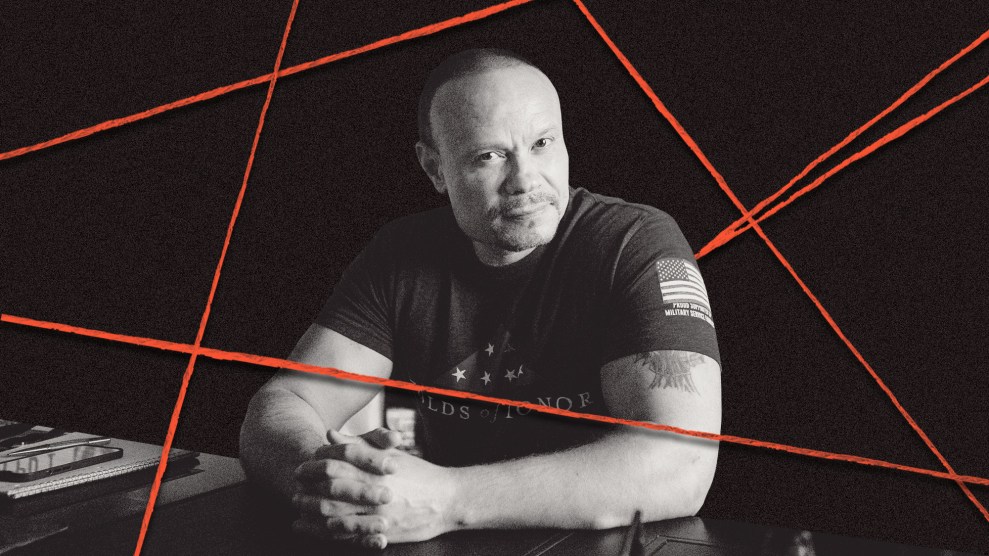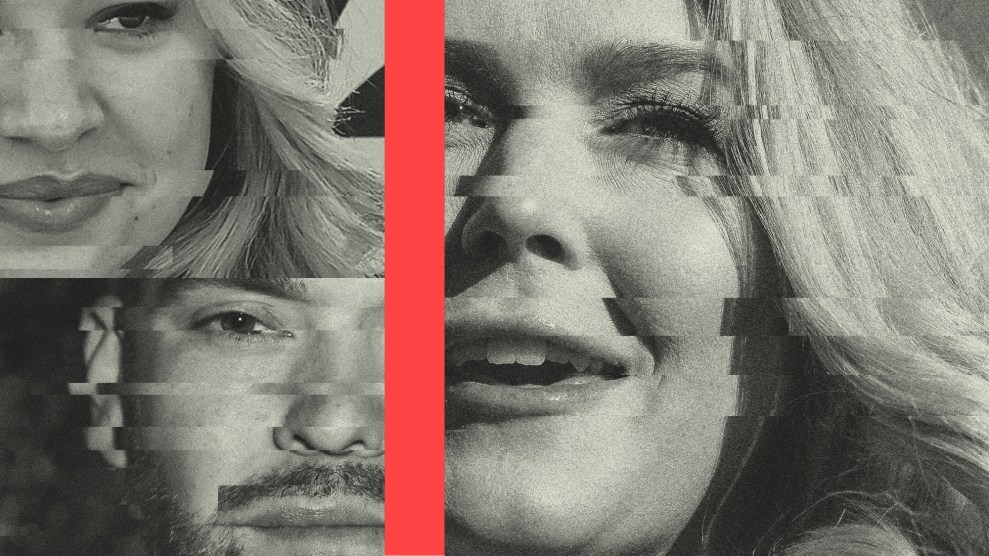Heart of the Congo is a clear-eyed examination of humanitarian aid in action. In the aftermath of the five-year civil war that killed 3.5 million people, filmmaker Tom Weidlinger traveled to eastern Congo last spring to shadow a team of European and Congolese aid workers trying to create a measure of stability in a region that’s been rocked by a century of exploitation, corruption, and bloodshed. It’s a tall order, to say the least, and their success is measured in modest victories: opening a health clinic, saving an infant from dehydration, drawing a bucket of clean water from a new well.
The film centers on a couple of scruffy, chain-smoking aid workers with the French NGO Action Against Hunger: Mariona, an engineer, and David, a nurse. Though the pair are deeply sympathetic, Heart of the Congo does not depict them or their fellow expats as saviors. When French nurses publicly dress down their Congolese colleagues, Weidlinger astutely observes that they’re following a colonial “script that was written long before they were born.”
As a documentarian, Weidlinger also honestly examines his own inability to connect with the destitute Congolese who sit in front of his camera. As he zooms in on their gaunt faces, they wonder why this rich Westerner doesn’t offer them anything in return. And when he falls ill with malaria, the filmmaker is airlifted out. It’s a reminder of what really divides the Congolese from their Western partners: When the going gets tough, the First Worlders always have the luxury of escape.
A burst of violence confirms the fragility of the aid workers’ accomplishments, but Heart of the Congo manages to close on a less-than-dire note. As another round of rebuilding begins, David reflects, “I tend to react to all this like the Congolese…. If you have to go backwards, you back up and go forward again. If you stop and think about it too much, you can’t move forward.” There are no quick fixes here, just slow, necessary steps toward a more hopeful future.

















